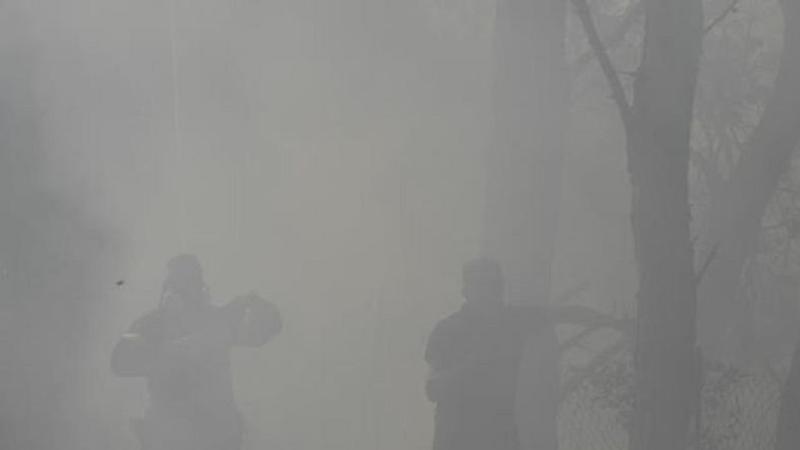
UN Climate Change report: Sask. environmentalists bemoan lack of provincial ambition
Humanity is at a precipice and it’s time to make much bolder moves to cut carbon emissions.
That’s the reaction from Peter Prebble, a director with the Saskatchewan Environmental Society, as the world digests the latest — and dire — report from the United Nations’ Intergovernmental Panel on Climate Change (IPCC).
‘Code red for humanity’
The report has been labelled ‘a code red for humanity’ by its authors and should signal, according to the UN’s secretary-general, ‘the death knell for coal and fossil fuels.’ It says the Earth is getting so hot that temperatures in about a decade will probably exceed a level of warming that world leaders have been trying to prevent.


